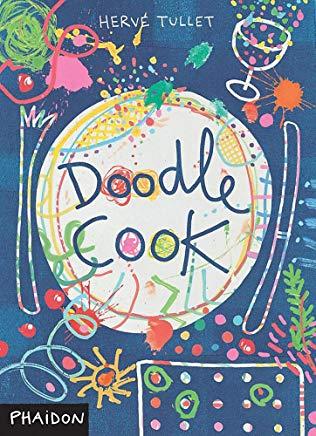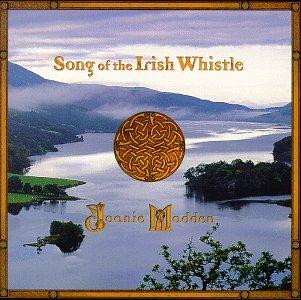
description
ggy Stardust and before his U.S. pop hits "Fame" and "Golden Years" David Bowie produced a dark and difficult concept album set in a post-apocalyptic "Hunger City" populated by post-human "mutants." Diamond Dogs includes the great glam anthem "Rebel Rebel" and utterly unique songs that combine lush romantic piano and nearly operatic singing with scratching, grungy guitars, creepy, insidious noises, and dark, pessimistic lyrics that reflect the album's origins in a projected Broadway musical version of Orwell's 1984 and Bowie's formative encounter with William S. Burroughs. In this book Glenn Hendler shows that each song on Diamond Dogs shifts the ground under you as you listen, not just by changing in musical style, but by being sung by a different "I" who directly addresses a different "you." Diamond Dogs is the product of a performer at the peak of his powers but uncomfortable with the rock star role he had constructed. All of the album's influences looked to Bowie like ways of escaping not just the Ziggy role, but also the constraints of race, gender, sexuality, and nationality. These are just some of the reasons many Bowie fans rate Diamond Dogs his richest and most important album of the 1970s.
member goods
No member items were found under this heading.
Return Policy
All sales are final
Shipping
No special shipping considerations available.
Shipping fees determined at checkout.







